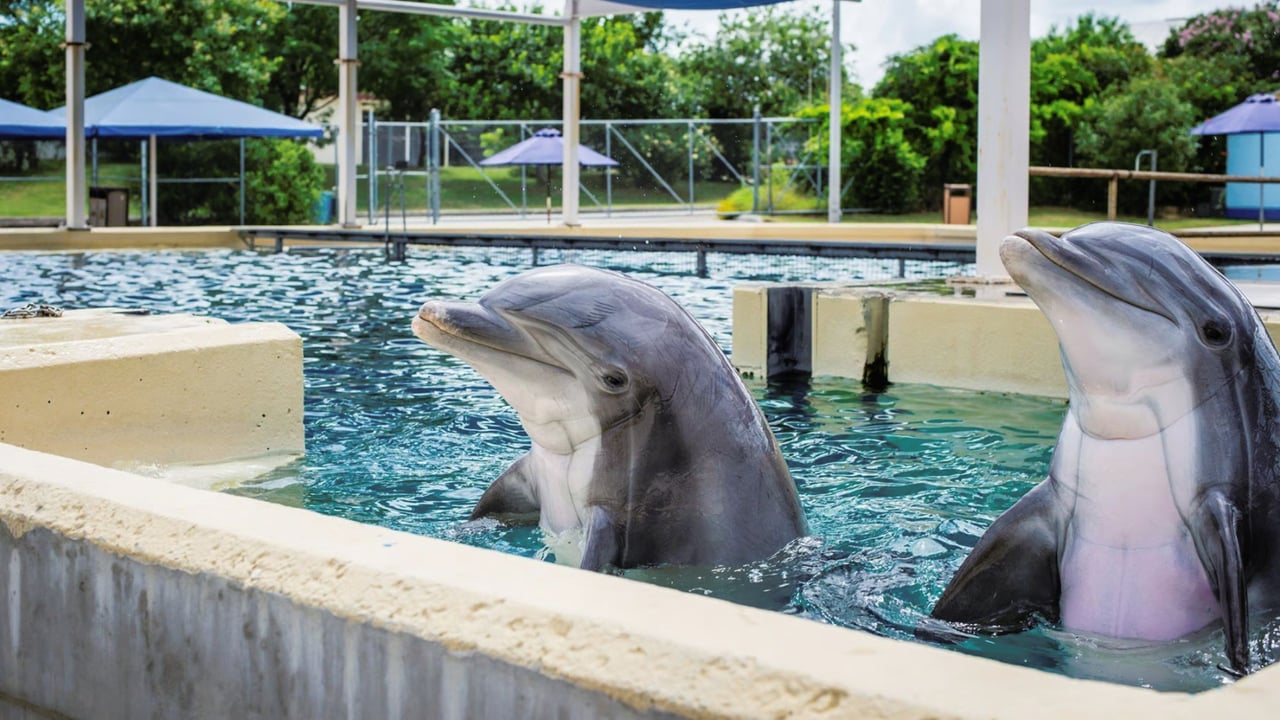
Be Part of the Change
The Future is Wildlife Friendly
Elephant rides, tiger selfies, walks with lions, monkey shows, swimming with dolphins–each “once-in-a-lifetime opportunity” for a tourist means a lifetime of suffering for animals.

Rebuilding the industry, for good
Help rebuild the tourism industry to be more responsible, meet customers’ needs and help end captive wildlife entertainment.
As travelers are becoming more aware of the cruelty involved in these and other wild animal experiences, their attitudes are changing dramatically.
Increasingly, travelers are choosing holidays based on how animal-friendly they are:
- 87% believe wild animals belong in the wild where they can live naturally
- 85% would prefer to see animals in the wild
- 81% think people should not make an income from keeping wild animals if the animals suffer
As a responsible leader in the travel industry, we know you want to adapt to continue to provide meaningful customer experiences.
It can be hard to tell what's truly wildlife-friendly in tourism, let alone how to incorporate this into a business, which is where we can help.
Change is possible
With help from us and some leading travel companies, elephant venue ChangChill (formerly Happy Elephant Valley) has become elephant-friendly and stopped visitors directly interacting with its animals.
ChangChill, based in Chiang Mai, Thailand, started its journey towards becoming truly elephant-friendly in 2017. Now it has reopened its doors, offering a better life for elephants and a unique experience for visitors without the inherent cruelty of direct interactions.
The transition allowed the six resident female elephants the freedom to roam the valley, graze, and bathe in the river, mud, and dust while socializing with each other.